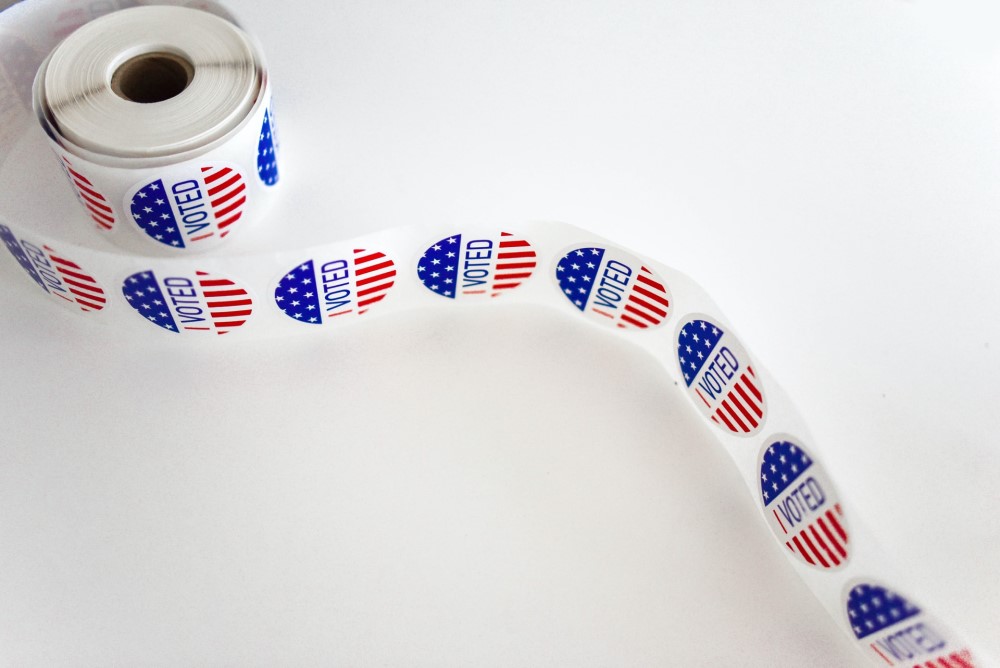
Jared Diamond’s brilliant book Upheaval was published in May 2019. Remember that as you read this blog post.
I would like to share some of Diamond’s conclusions—specifically, some of his conclusions regarding my own country, the United States. However, bear in mind that my sharing them out of the context of the entire book will render them less powerful. It’s his grand argument, built through the accumulation of myriad small details, that makes this book so persuasive. (See my blog post Jared Diamond Does It Again for my thoughts on his particular genius.)
So my two-pronged caveat is (1) please know that the information in this blog post is backed up by a thick book full of scholarly research and argument, and, therefore, (2) you may need to read the book yourself in order to fully appreciate the information: indeed, I urge you to do so.
Okay. Caveat out of the way, here goes.
Here’s one of the main conclusions Diamond draws about the United States, after an extensive examination of other nations in crisis:
“The first, and also in my opinion the most ominous, of the fundamental problems now threatening American democracy is our accelerating deterioration of political compromise. As I previously explained, political compromise is one of the basic advantages of democracies as compared to dictatorships, because it reduces or prevents both tyranny by a majority and its converse of paralysis by a frustrated minority.”
According to Diamond, it’s not that we have a two-party system that’s the problem. It’s not that the two parties disagree that’s the problem. The problem is that the two parties have stopped compromising.
After a wise-ranging discussion of topics that include campaign fundraising, the ease of air travel, gerrymandering, TV, social media, mobile phones, and the large territorial expanse of the U.S., Diamond is able to connect dots in a way that, frankly, I cannot explain in a short blog post. (Do read this book.) In short, he concludes that a wide variety of factors has led, in the past few decades, to drastically increased political polarization and, hence, to the deterioration of political compromise.
Next, Diamond reminds the reader about tragic past events in Chile, which he had described in detail earlier in the book. Chile was a democratic nation that turned into a dictatorship through a series of strange and shocking events. Diamond explains that no one in Chile expected their democracy to implode; and yet it did.
Then he explains that, while U.S. democracy surely won’t implode in the same way that Chile’s democracy did, it is still in danger of imploding. Here’s his analysis:
“The U.S. is very unlikely to suffer a take-over by our military acting independently. I instead foresee one political party in power in the U.S. government or in state governments increasingly manipulating voter registration, stacking the courts with sympathetic judges, using those courts to challenge election outcomes, and then invoking ‘law enforcement’ and using the police, the National Guard, the army reserve, or the army itself to suppress political opposition.”
He continues:
“That’s why I consider our political polarization to be the most dangerous problem facing us Americans today—far more dangerous than competition from China or from Mexico, about which our political leaders obsess more. There is no way that China or Mexico can destroy the U.S. Only we Americans can destroy ourselves.”
This book was published (do you remember?) in May 2019. That means that these passages were likely not written later than 2018, considering the lengthy amount of time it takes to transform a manuscript to a book in stores.
Manipulating voter registration? Check. Stacking the courts? Check. Using the courts to challenge election outcomes? This was done in Bush v. Gore. Also: Check. Invoking ‘law enforcement’ to suppress political opposition? Check.
All of Diamond’s above predictions about the possible deterioration of U.S. democracy are manifesting into reality, here in 2020.
And these are not his only concerns about the future of the United States. The reader is only three-fourths of the way through the book at this point! He has a lot more to say. And it’s not pretty.
Are you having a nice day today in America?



Book ordered. Check.
Haha! Nice 🙂